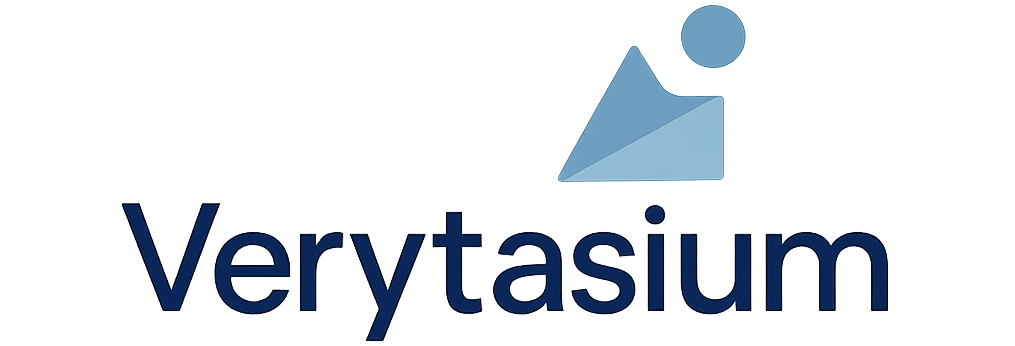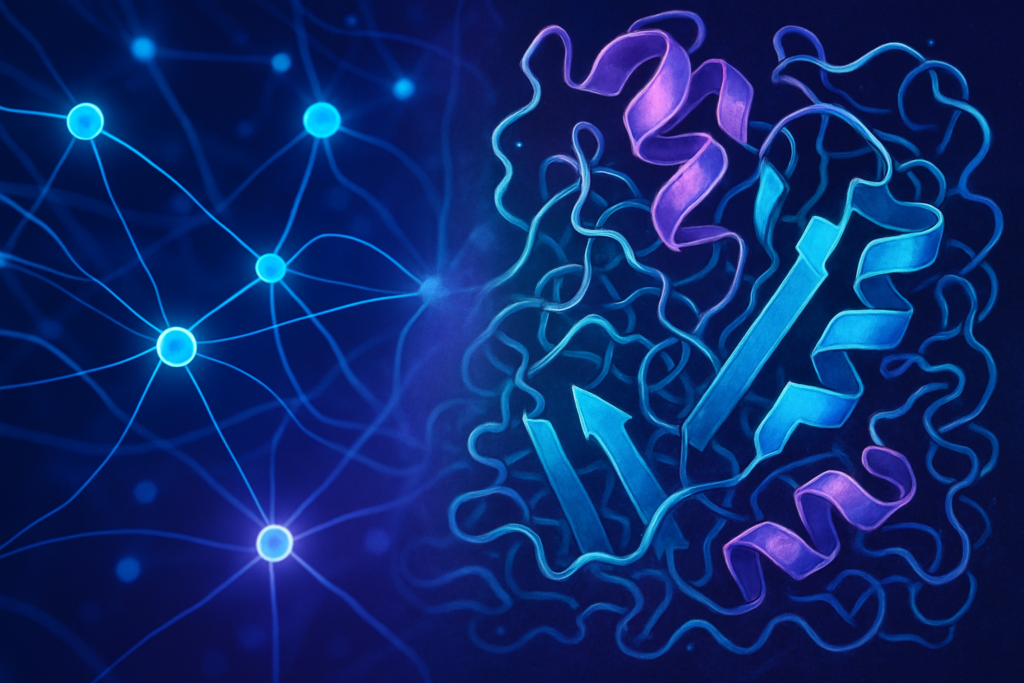AI Designs New Proteins: A Revolution in Medicine and Biotechnology
For decades, scientists dreamed of creating custom proteins — tiny molecular machines that drive life itself. In 2024, a major leap happened: artificial intelligence started designing proteins faster and more accurately than humans ever could. This breakthrough could transform medicine, agriculture, and even renewable energy.
What Are Proteins and Why Do They Matter?
Proteins are the workhorses of biology. They:
- Build muscle and tissues
- Carry oxygen through blood
- Fight diseases as antibodies
- Enable plants and animals to grow
Designing new proteins means creating entirely new “biological tools” that never existed before.
The AI Breakthrough
Researchers using AI systems like AlphaFold (by DeepMind) and ESMFold (by Meta AI) have:
- Predicted the 3D shapes of nearly every known protein
- Designed brand-new proteins with specific functions
- Reduced years of lab work into days or even hours
Instead of trial-and-error in a lab, AI can now suggest exact blueprints for proteins that could block viruses, clean up pollution, or capture carbon dioxide.
Real-World Applications
- Medicine 🧬
- AI-designed proteins could fight diseases like cancer, Alzheimer’s, and antibiotic-resistant bacteria.
- New vaccines may be created faster and more effectively.
- Environment 🌍
- Proteins that eat plastic waste or remove toxins from water.
- Enzymes that help capture carbon and fight climate change.
- Agriculture 🌾
- Proteins that make crops resistant to pests and drought.
- Eco-friendly fertilizers created with engineered enzymes.
Challenges Ahead
- Safety testing takes time — we can’t release untested proteins into nature.
- Ethical concerns: Who controls AI-designed life forms?
- Patent wars: Companies are racing to “own” protein designs.
The Future
The ability of AI to design proteins is as revolutionary as the invention of electricity or the internet. Within the next decade, we might see medicines and technologies powered by molecules that no human ever imagined — but AI created.
The question is no longer if, but how fast this revolution will reshape our world.



